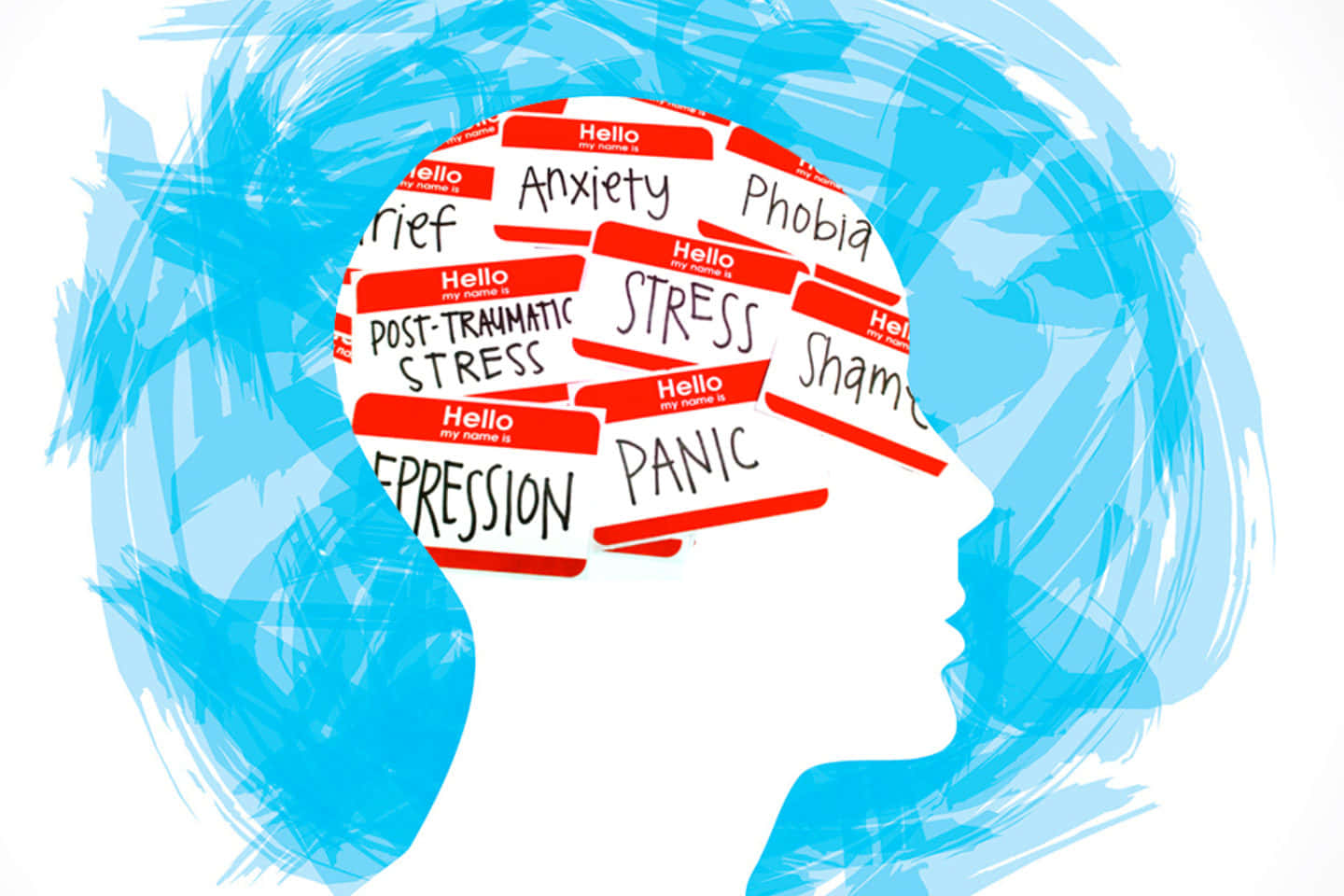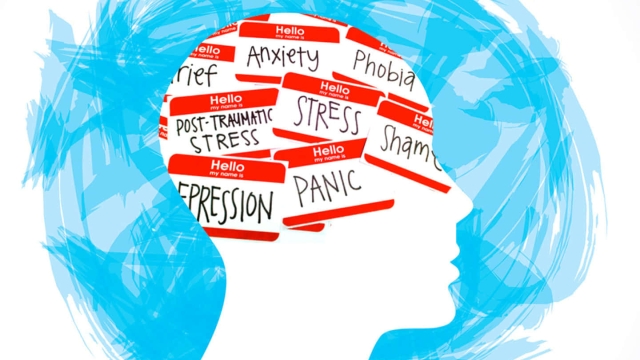
Mental health is a vital aspect of overall well-being that often goes unnoticed or untended. In our modern society, the pressures of daily life, societal expectations, and personal challenges can profoundly impact our mental wellness. It’s essential to recognize the importance of mental health and actively engage in practices that promote emotional well-being. By nurturing our minds and attending to our mental wellness, we pave the way for a more balanced and fulfilling life experience.
Understanding Mental Health
One key aspect of mental health is the state of our emotional well-being. It involves how we feel, think, and behave in various situations. Mental health encompasses a wide range of feelings, from happiness and contentment to stress and anxiety.
Another important component of mental health is our ability to cope with life’s challenges and stressors. This resilience determines how well we can adapt to difficult situations, maintain a sense of balance, and bounce back from setbacks. Building resilience is crucial in maintaining good mental health.
It is also essential to recognize that mental health is not just about the absence of mental illness. It is about overall well-being and the ability to function effectively in daily life. Taking care of our mental health involves seeking support when needed, practicing self-care strategies, and developing healthy coping mechanisms.
Tools for Mental Wellness
Maintaining mental wellness is crucial for overall well-being. One effective tool is mindfulness, which involves being present in the moment without judgment. Practicing mindfulness through activities like meditation or deep breathing can help reduce stress and improve mental clarity.
Another valuable tool for mental wellness is physical exercise. Regular physical activity has been shown to boost mood, reduce anxiety, and increase mental resilience. Whether it’s going for a run, practicing yoga, or simply taking a walk outside, incorporating movement into your routine can have significant benefits for your mental health.
Lastly, fostering social connections is essential for mental wellness. Building strong relationships with friends, family, and community members provides a support system during challenging times. Engaging in meaningful conversations, seeking emotional support when needed, and nurturing positive relationships are all key components of maintaining good mental health.
Supporting Others
When someone is struggling with their mental health, offering a listening ear can make a world of difference. Simply being present and showing empathy can provide immense comfort to those going through a tough time.
Therapy Trainings™
It’s important to educate ourselves on mental health issues so we can offer informed and compassionate support to our loved ones. By understanding common symptoms and available resources, we can guide others towards the help they need.
Encouraging open conversations about mental health helps to break the stigma surrounding it. By creating a safe space for sharing and seeking help, we can contribute to a more supportive and understanding community.






Recent Comments